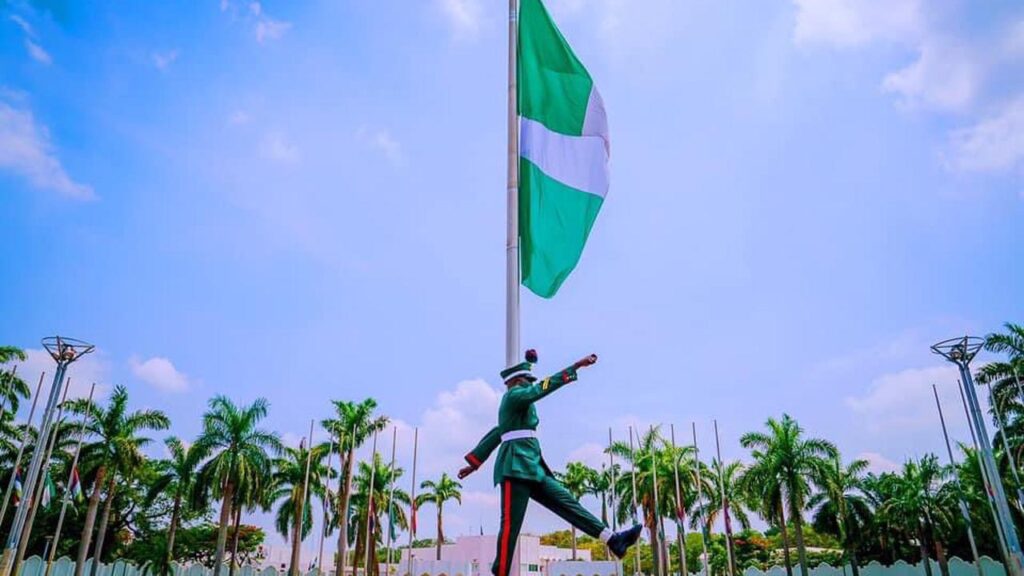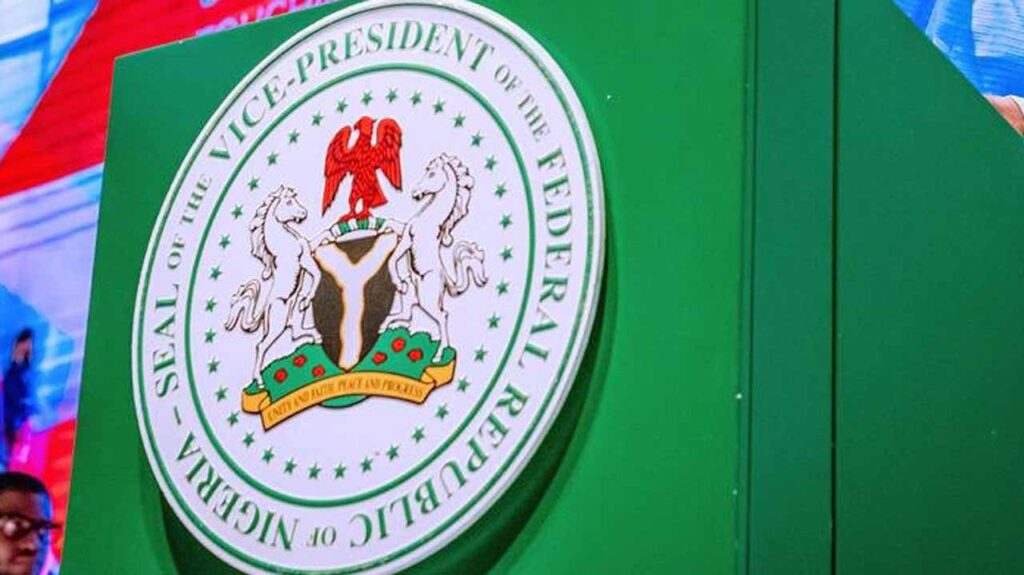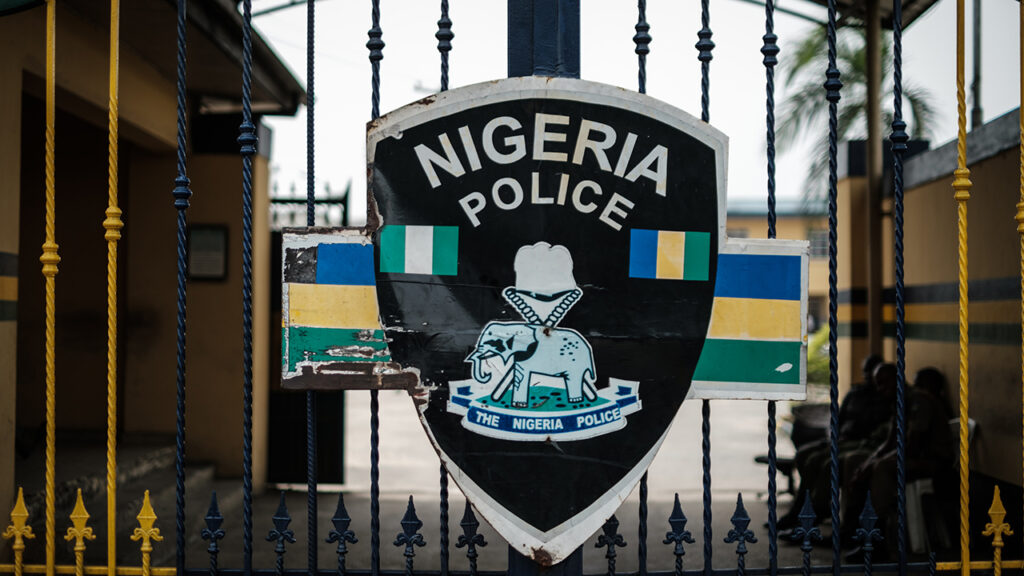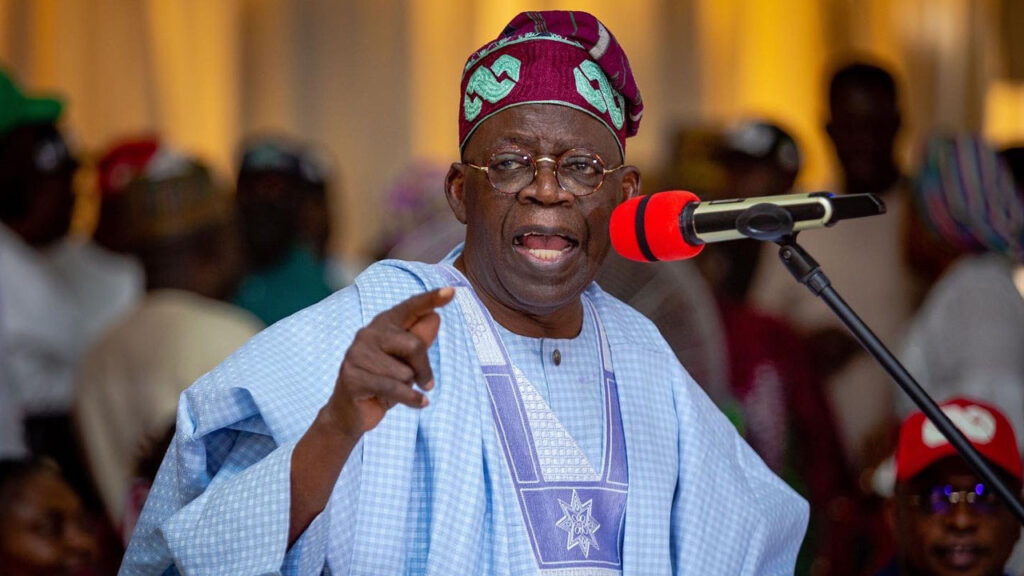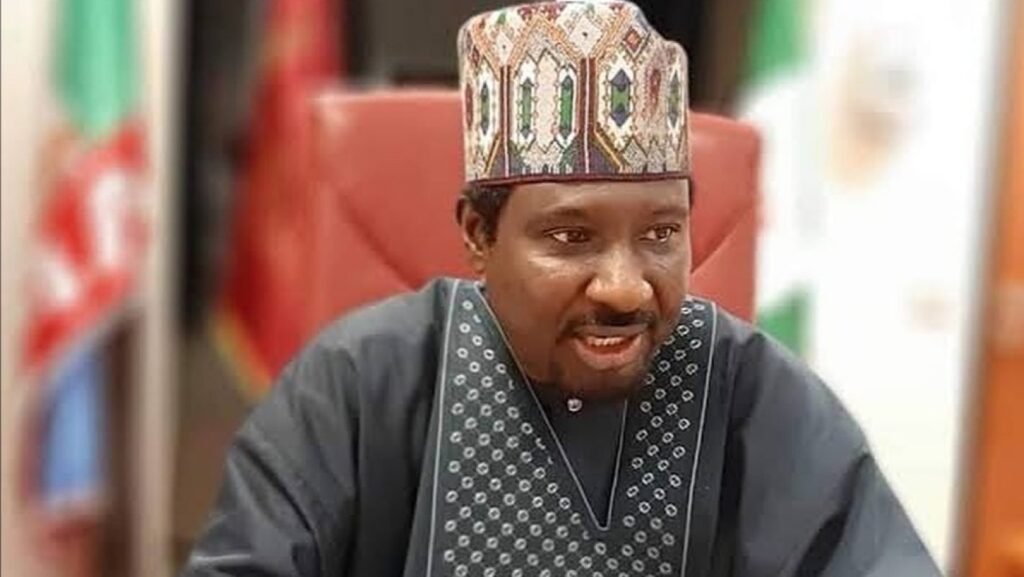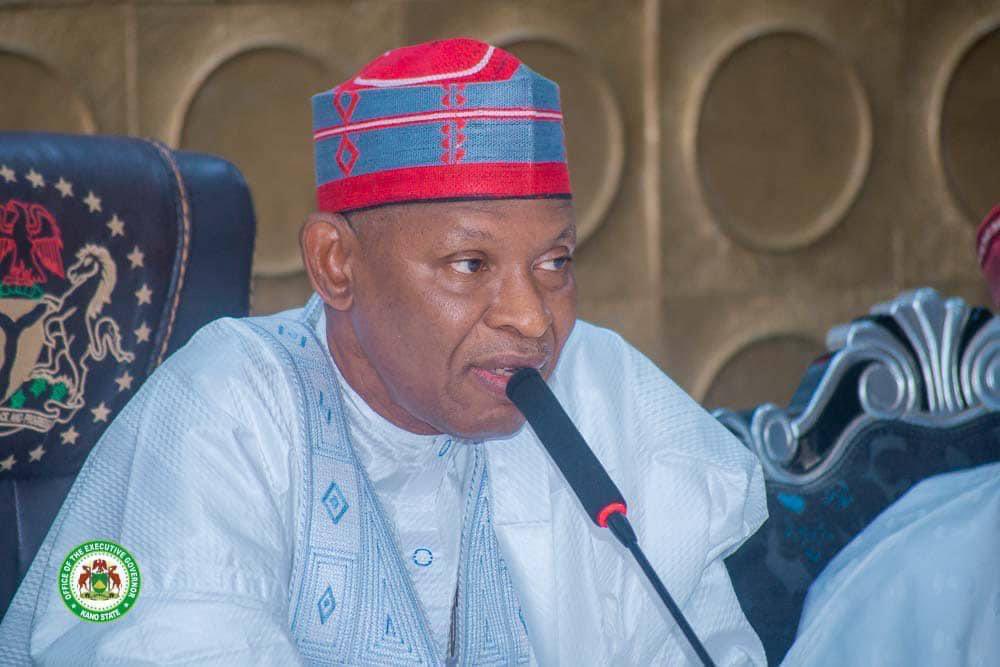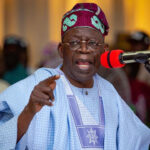
Nigeria, like virtually every African country, is a colonial construct of western imperialism and the Berlin Conference of 1879. Its name is a colonial coinage imposed by Flora Shaw, who married the British colonial governor, Frederick Lugard.
Nigeria’s national anthem at independence on October 1, 1960, Nigeria, We Hail Thee bore the stamp of a colonial hangover. Its lyrical composition was by a Briton, Lillian Jean Williams, its musical composition by her compatriot, Frances Berda.
In the mid-1970s, there was clamour in some quarters that, the name, the flag and the anthem be changed to repudiate a colonial heritage. The Obasanjo-led military junta keyed into this and replaced Nigeria, We Hail Thee with Arise, O Compatriots on October 1, 1978.
Until 2024, May 29 bore a double significance in the annals of Nigeria. For most Nigerians, especially those born within the last three decades, it is the anniversary of the end of the second bout of military rule in Nigeria. Unknown to most of those born within that period, May 29, is the anniversary of the peak of killings of the Igbo in northern Nigeria sequel to the first military coup of January 15, 1966, the day the first bout of military rule infected Nigeria.
When May 29, 1999 was chosen by the Abdulsalam Abubakar-led military junta as the terminal date of the second bout of military rule, some remarked that it was a deliberate move to erase from memory the killings of Igbo in the north that peaked on May 29, 1966. The fact that Nigeria’s officialdom, since January 15, 1966, habitually remembers to forget, makes it quite easy to subscribe to this theory.
This year, May 29 has acquired a third significance: it is the day the President signed into law a bill reverting to Nigeria We Hail Thee as national anthem.
Before he became President, the current President had, in an interview, expressed his preference for Nigeria We Hail Thee. No one should begrudge him over his preference. Many other Nigerians share with him that preference. Although I prefer a national anthem composed by Nigerians, after all this country is blessed with great musicians, I find Nigeria We Hail Thee to be of better musical quality, and its lyrics more inspiring than Arise O Compatriots. Those are personal preferences I share with the President. But personal preferences should not be imposed on the populace even when they are preferences of the President.
The real issues, however, are process and priority, and or lack of the two, in the change of the National Anthem in 1978 and in 2014. The first change came by way of slightly disguised military dictatorship. Entries were invited, five were selected, and from the five came Arise, O Compatriots. The latest change came by way of latent and subterranean civilian unilateralism wearing the toga of legislative activity. It is a matter that raises other matters
The people own the land. But Nigerian military and politicians—often, it is extremely difficult to differentiate between the two—carry on as if they owned the land. That is why names of monuments, streets, institutions, to mention but these, are changed without consulting the people. The national anthem belongs to all of us. However, it cannot be truly said that the people were carried along in the process that led to this recent reversal of anthems. We now have it on record that, twice in our history, a few persons changed the anthem without carrying the people along.
Yes, this latest change was made to look like the outcome of a legislative process. But that was only in appearance. Members of the National Assembly who passed the law supposedly represent the people. In a truly democratic culture, those who represent the people ought to consult with the people before acting in government, and, they must be accountable to the people. In this case, if there was any public hearing, it was given little or no publicity.
Moreover, reactions after the reversal of anthem show that, for many Nigerians, a change of national anthem is not a priority at this point in time. For them, the economy, electricity, insecurity and corruption are the priorities. The long-term and most fundamental priority is amendment or replacement of a Constitution whose provisions and implementation facilitate insecurity, poverty and corruption.
The Constitution, lest we forget, is itself an imposition by military fiat. The illegality of military rule and the military decrees it engendered—and the Constitution is itself a military decree—makes this Constitution a document engendered in and by arbitrary rule. Its numerous defects have exposed us to untold political, economic and social discomfort. This Constitution needs to be changed expeditiously. But our lawmakers opted to apply speed where it was uncalled for, amending the Constitution at a pedestrian speed.
Despite the debatable status of the Constitution, neither the authority of the lawmakers to legislate, nor the authority of the President to sign bills into law is being questioned. Rather, what is being questioned is the way authority is being used. Arbitrary exercise of lawfully constituted authority is perilous. Today, it is the national anthem, tomorrow, it might be something else. Already, we have instances where our wealth is appropriated without our consent.
What has just happened—what has been happening—exemplifies the absurdity of Section 2 of the 1999 Constitution, which repeats verbatim Section 2 of the 1979 Constitution. That section ascribes sovereignty, not to the people, but to the state. It legitimizes the Nigerian ruling elite acting like landlords with the people as tenants.
Nigerians are in need of shared core values if we are to transmute from a state held together at gunpoint into a veritable nation. A national anthem contains the shared core values of a nation. The “old new” anthem gives us shared core values when it says, “though tribe and tongue may differ, in brotherhood we stand”. Sticklers for inclusive language will find this gender insensitive. The recently discarded anthem speaks of “one nation bound in freedom, peace and unity”.
Whichever of the two we sing, these would remain mere declarations and slogans unless we resolved to work for the realisation of these core values. We have, so far, no common life, no brotherhood or sisterhood, no nationhood, apart from the fact that we dwell within the same territory and we support the Super Eagles and Super Falcons.
If we can return to the national anthem we sang at independence, on October 1, 1960, unilaterally replaced by the military in 1978, we can and we ought to return to the truly federal constitution unilaterally abolished by an all-knowing military in 1966.
Not only that. Church schools, unilaterally and illegally confiscated by the same military, should be returned to their rightful owners. Their confiscation was a violation of the nature of justice, a tragic error.
Akinwale, OP, PhD, is Deputy Vice Chancellor, Augustine University, Ilara-Epe, Lagos State.




